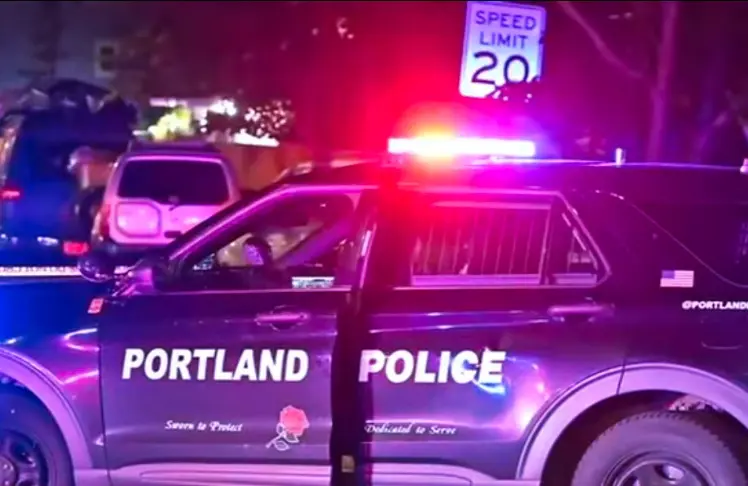
A measure to dilute the newly established police oversight board in Portland is set to appear on the November ballot, pending resolution of a lawsuit. The measure, one of two drafted by the Portland police union, seeks to overhaul the structure of the board, which was overwhelmingly approved by voters in 2020 but has not yet been implemented.
In the recent primary elections, the city of Portland did not feature prominently on the ballots, as many important votes, including the potential dilution of the police oversight board, were reserved for the November elections. However, the measure will need to survive a lawsuit before being finalized.
The origins of the issue trace back to 2020 following the murder of George Floyd in Minneapolis and the subsequent nationwide protests for racial justice and against police brutality. In response, Portland voters supported a measure with an 82% majority, directing the city to establish an independent police accountability and oversight board. The plan was for the new board to be operational by 2025, pending approval from the U.S. Department of Justice.
However, some supporters of the measure expressed concerns that the adopted language by the Portland City Council already weakened its effectiveness. From the beginning, the Portland Police Association (PPA) vehemently opposed the oversight board. The PPA attempted to block its establishment through a lawsuit, but their efforts were unsuccessful.
Last year, the PPA commissioned a survey from polling firm DHM Research to gauge public opinion on the oversight board and used the results to propose two measures of their own. The ACLU subsequently sued to block the PPA’s initiatives, and while one of the measures was ruled unconstitutional earlier this month, there has been no ruling yet on the second measure.
Measure 2, if passed, would significantly curtail the independent oversight and disciplinary powers of the newly formed police oversight board. It would remove the board’s authority to discipline officers, shifting that responsibility to the police chain of command. The aim of Measure 2 is to limit the board’s ability to investigate cases, effectively reducing its impact.
The ACLU argues that Measure 2 is not unconstitutional due to the amendments it proposes but rather because of the misleading and downplayed language used in its description. They assert that the measure undermines the substantial changes that were overwhelmingly approved by voters in 2020, changes that have yet to be implemented.















